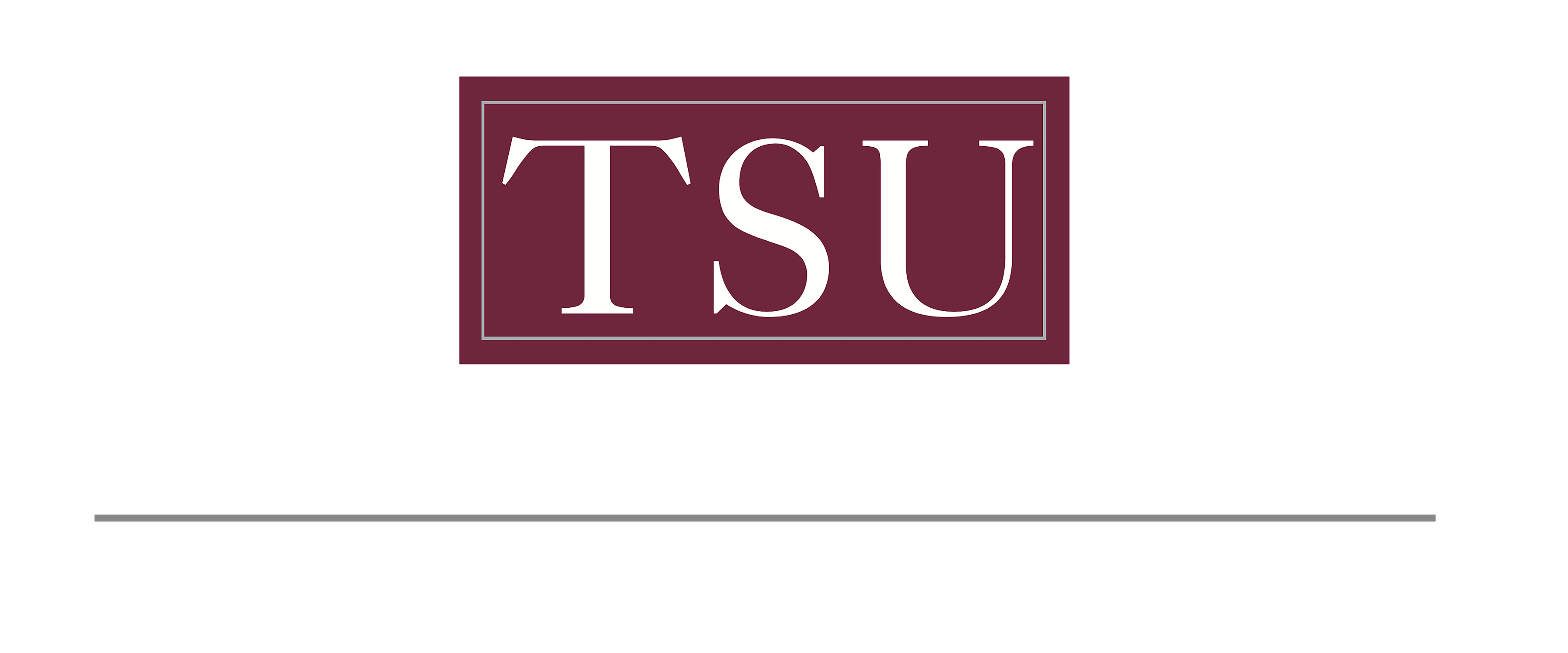Role of Social Media in the Empowerment of Arab Women
May 28, 2023 2024-01-07 18:27Role of Social Media in the Empowerment of Arab Women
Role of Social Media in the Empowerment of Arab Women
Dr. Maurice Odine
Department of Mass Communications, Gulf University for Science & Technology, Kuwaitmodine@gust.edu.kw
Journal of Advanced Social Research 1 (2011) 177-190
ISSN 2231-8275 © 2011 Design for Scientific Renaissance All rights reserve
Abstract:
In the Middle East, the lack of press freedom means people are unable to receive information, let alone analytic and interpretative functionalism of mass media. If Arab Spring is any lesson, the right to information is vital for political participation and socio-economic development. The path traveled by nationalists and activists in Tunisia, Egypt, Libya, plus movements in Bahrain, United Arab Emirates, and conservative Saudi Arabia, indicates that women have awaken to exploiting unconventional media to combat discrimination and inequality imbedded in their societies. Women are aware of the tight control on information by government-owned press that has routinely ignored promoting women’s issues, including education and positions of authority. Women have, heretofore, lacked a voice to articulate their plight until they discovered virtual media. They use Facebook, Twitter, and YouTube to transmit messages to empower women. As a result, Arab women have marginalized inequality in society, education, and professional opportunities.
Women have, heretofore, lacked a voice to articulate their plight until they discovered virtual media. They use Facebook, Twitter, and YouTube to transmit messages to empower women.
__________
https://www.researchgate.net/publication/266871923_Middle_East_Media_Press_Freedom_in_Kuwait
file:///C:/Users/CUSTOMER/Downloads/SocialMediaArabWorld.pdf

__________

Originally from Cameroon, Dr. Odine’s community involvement includes socializing periodically through the organization of ex-students of my alma mater-Presbyterian Secondary School-and sundry activities organized by African and international entities. In keeping with academic and professional contributions in various intercultural communities, Dr. Odine has directed literacy communications programs through grantsmanship to benefit disadvantaged students and enabled African professors to participate in exchange programs with universities in the US. Special interests include scholarly research for publications and presentations at conferences, discovery, and dissemination of new knowledge, plus serving as a mentor to learners. Versed in multiculturalism, he is fluent in five languages and has worked in Cameroon, Haiti, Botswana, Lesotho, United Arab Emirates, and Kuwait as a professor and administrator.
__________
Education: Ph.D. in Radio-Television-Film at Southern Illinois University at Carbondale; MA in Radio-Television at Ball State University, Muncie, Indiana; BA in Communications at State University of New York at Geneseo
__________
Accomplishments: Professor of Radio, Television & Film and Dean of the School of Communication, Texas Southern University; Dean of Journalism & Graphic Communication at Florida A&M University; Chair of Communications at Tennessee State University; Chair of Mass Communications at Gulf University for Science & Technology; Chief United Nations Information Officer in Sierra Leone; United Nations Communications Specialist in Haiti; Chair of Mass Communications at Winston-Salem State University; Director of Broadcasting at Grambling State University; Associate Dean of Language & Communication at United Arab Emirates University.






